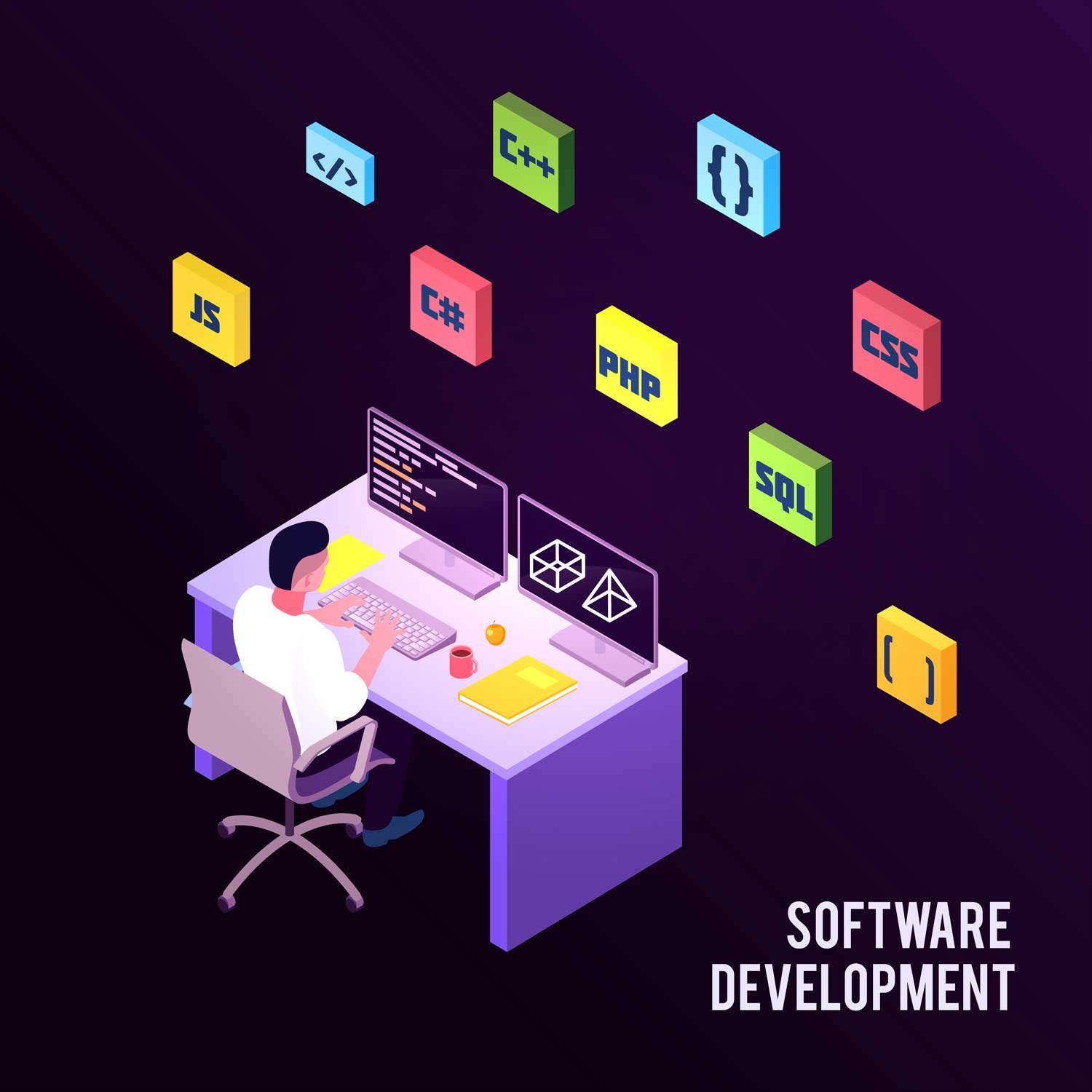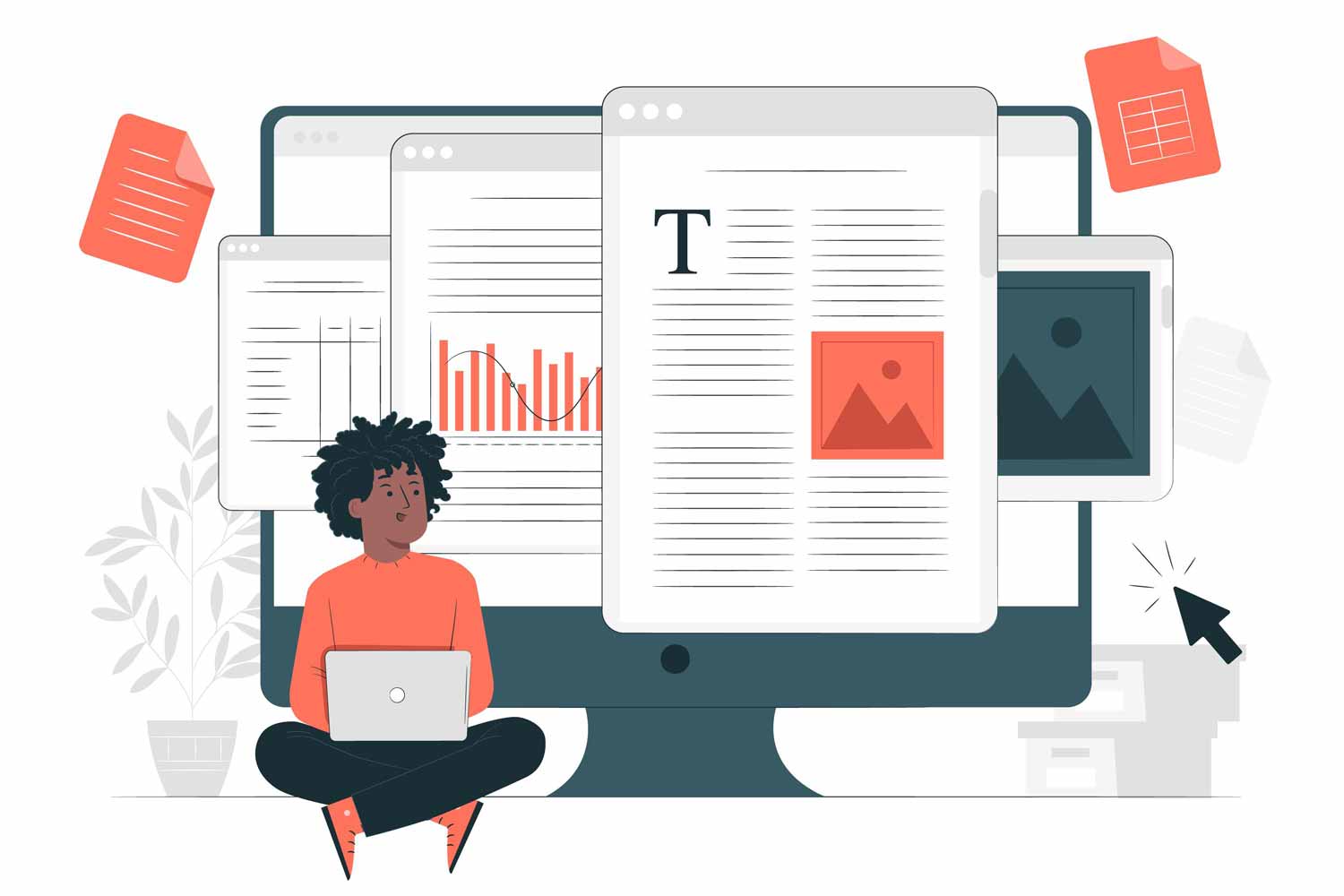Many applications are necessary for users to perform various activities on modern-day electronic devices, starting from smartphones to desktops. These devices are not only a means of entertainment. They are also a means of work and studies.
However, over time, the devices people use daily can develop issues that will require fixing, especially in software. Most developers update their products regularly to correct such issues. However, some users insist on engaging older app versions, especially when such issues are not visible. If you’re one of them, here are some consequences of not keeping apps updated.
Undermines App Security
Updates are improvements on earlier editions of an application, adding new features and other bells and whistles, including security. Hackers can infiltrate older editions of apps or those with an obsolete security system and obtain sensitive information on the user or even infect the system with a virus.
While antivirus systems can detect and prevent any virus or malware included in their database, if updates are not performed, they cannot detect the new threat that’s already made its way into your system. If you find yourself in such a situation, letting a professional handle the threat is the best course of action. Just look up ‘computer repair shop near me’ on the internet to find reputed technicians.
The Emergence of Dangerous Bugs
Sometimes apps experience bugs associated with errors emanating from the source code, leading to unexpected glitches. Updates are designed to address these problems as they can slow down the system and ultimately force your computer into a hard crash. This is especially true for graphics and audio drivers and operating systems.
Aside from improving your apps’ performance by removing dangerous bugs, updates also repair any corrupted files within the program. Considering all this, do you really want to pay a premium for a software or app only for it to brick your device without warning?
Poor Performance of Apps
Failure to update applications can result in poor performance of said apps and software, consequently marring its function to the user. Many software and apps are not properly optimized for newer hardware and operating systems when launched. Developers improve their performance with patches and updates after collecting user experience data from the apps.
If you stick with the base version of the app or software, you’ll quickly find that people who have the updated versions of them are getting better performance and functionality from the products. Unless you prefer mediocrity, there’s no good reason not to update apps that you regularly use.
Non Exposure to New Features
Many apps and software, especially ones used for technical work like graphics designing, video editing, audio splicing, etc., keep adding new features to the core software/app, enhancing the experience. These features are free most of the time, and if you insist on keeping apps and software not updated, you will miss out on them.
If you fail to update the new features, it can make the user experience unenjoyable in many ways and limit its functionality. This can also compel you to buy the next version of the app or software when it comes out to enjoy the newer features, which are already outdated at that point and included as defaults in the newer versions.
Prevalence of a Host of Issues
Aside from the above-mentioned major issues, a couple of other secondary issues can affect your experience with them. Lack of software updates can often result in incompatibility with OS updates, making it difficult and ill-advised to run those apps and software due to stability issues. If the software apps are resource-intensive, they can even crash your hardware components like RAM.
Also, if you’re running a business, not keeping apps and software updated can look bad to potential customers. Even if your product is good, not having updates look shallow to customers. They would feel like the developers aren’t committed to the product, giving it a negative vibe in app stores like Google Play as disgruntled users often leave reviews.
Ditch the Old-school
It’s understandable why several desktop, laptop, and smartphone users don’t want to continually keep their apps updated because it harms storage. But turning them off for good can do more harm than good in the long run. The best advice is to manually perform the updates so that you can strike a balance between updates and device storage space.









